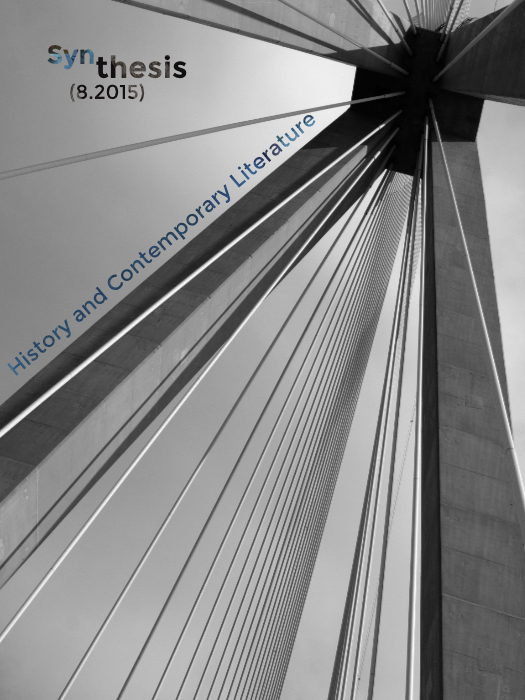Bernardine Evaristo’s The Emperor’s Babe: Re-narrating Roman Britannia, De-essentialising European History

Abstract
Bernardine Evaristo’s The Emperor’s Babe (2001) contributes to the imaginative disentanglement of the traditional British ethnicity-and-nation nexus and questions the related founding myth of racial purity by featuring the character of Zuleika, a young black woman who is born of Sudanese parents in Roman London. Through the depiction of Zuleika, Evaristo offers a subversive reshaping of some versions of the official British national history in the context of a wider revision of the European classical past. However, in spite of its temporal setting, Evaristo’s historical novel simultaneously engages with contemporary issues of gendered racialisation and national belonging. In its highly orchestrated poetic prose, Roman Londinium and today’s London are imaginatively interwoven. This enables the reader to correlate Zuleika’s attempts at negotiating her right to citizenship in the Roman empire to contemporary Black British feminist politics, committed as it is to resisting structures of sexist and racial discrimination at play in present-day Britain.
Article Details
- Section
- Articles

This work is licensed under a Creative Commons Attribution 4.0 International License.
The copyright for articles in this journal is retained by the author(s), with first publication rights granted to the journal. By virtue of their appearance in this open access journal, articles are free to use with proper attribution. Synthesis retains the worldwide right to reproduce, display, distribute, and use published articles in all formats and media, either separately or as part of collective works for the full term of copyright. This includes but is not limited to the right to publish articles in an issue of the Journal, copy and distribute individual reprints of the articles, authorize reproduction of articles in their entirety, and authorize reproduction and distribution of articles or abstracts thereof by means of computerized retrieval systems.



